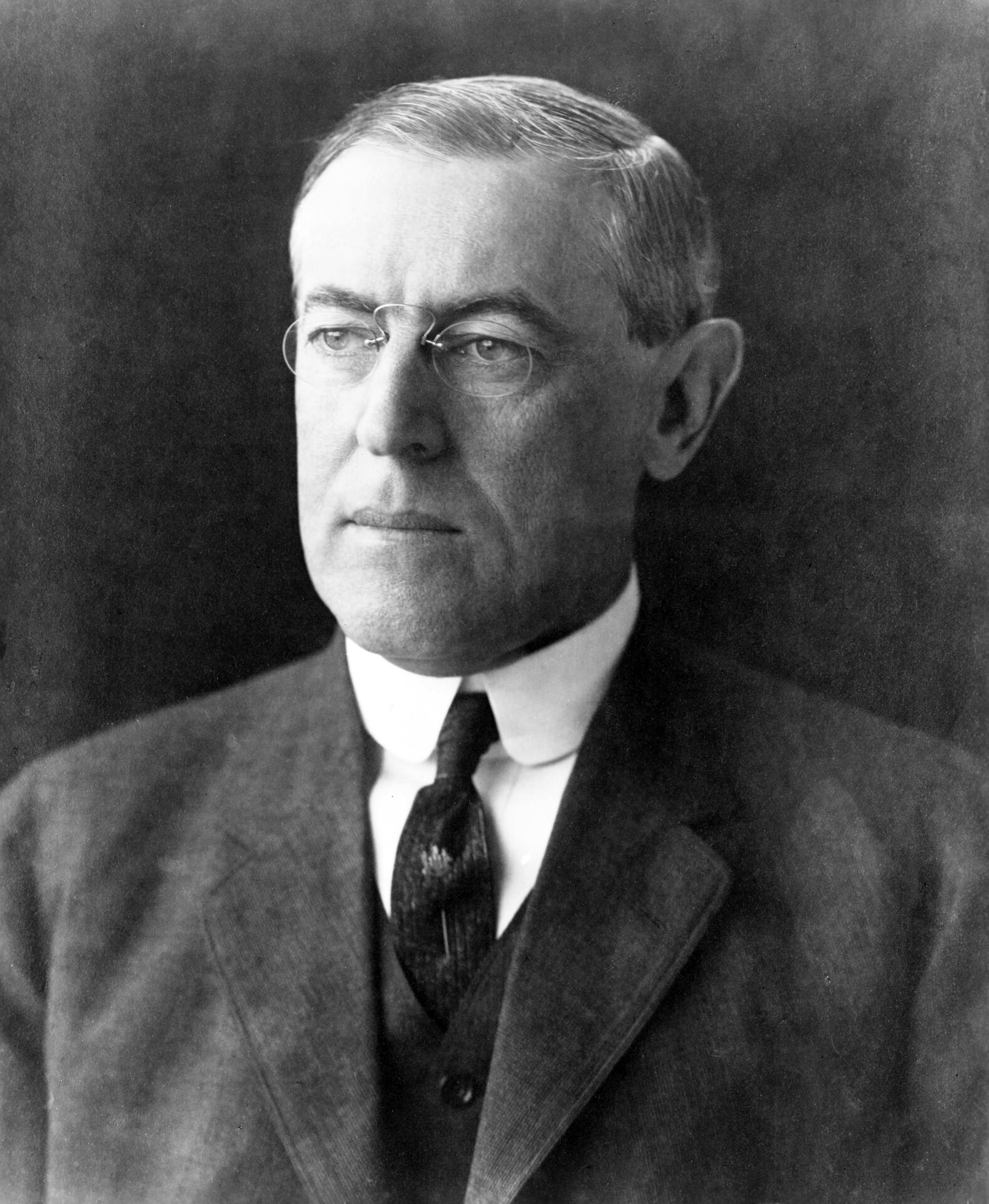Headlines
Vassallo: The Presidential Election of 1916
One of the closest and more interesting presidential elections in U.S. history: President Woodrow Wilson, the Democratic candidate, edged out Republican and Supreme Court Justice Charles Evans Hughes. Wilson tallied 277 electoral votes to 254 for Hughes. The popular vote was 9.1 million for Wilson to 8.5 million for Hughes.
Americans were intent on avoiding participation in WWI despite their sympathy for the British and French. Wilson’s campaign slogan was “He kept us out of war.” An interesting possible comparison to 2016, the Republican candidate in 1916 was nominated because he appealed to both conservatives and progressives. The GOP was still recovering from the 1912 split. The Progressive Party tried to run Theodore Roosevelt, however he declined leading to the dissolution of the party. The Progressive Party of 1912 was formed by former President Theodore Roosevelt following a split in the Republican ranks between himself and President William Howard Taft. The party was also known as the Bull Moose.
The leading Republican campaign issues included debating Wilson’s pacifist position, arguing for greater preparedness and criticizing the President for his intervention in the Mexican Civil War. Wilson’s victory enabled him to become the first Democrat since Andrew Jackson to serve a second term. Wilson was the 28th US President serving from 1913 until 1921.
The similarities between the election of 100 years ago and today are several: the split within the Republican Party; the emphasis of nonintervention in foreign wars; and the discussion involving Mexico. Also, Republican nominee, Charles Evans Hughes, Sr. was a New York politician, having served as Governor of The Empire State. He was also a US Secretary of State and the 11th Chief Justice of the United States.
In 1916 it took 266 electoral votes to win the presidency compared to 270 in 2016. Wilson would win 30 states compared to 18 for Hughes. California proved the key to winning as Wilson carried it by a mere 3800 votes out of nearly a million cast. In the popular vote, Wilson carried every southern state and most of the west. The total popular vote cast in 1916 exceeded that of 1912 by 3.5 million primarily because of aroused public interest and the states’ extension of suffrage to women.
Special credits to Wikipedia and Boundless Learning
Steve Vassallo is a HottyToddy.com contributor. Steve writes on Ole Miss athletics, Oxford business, politics and other subjects. He is an Ole Miss grad and former radio announcer for the basketball team. Currently, Steve is a highly successful leader in the real estate business who lives in Oxford with his wife Rosie. You can contact Steve at sovassallo@gmail.com or call him at 985-852-7745.
Follow HottyToddy.com on Instagram, Twitter and Snapchat @hottytoddynews. Like its Facebook page: If You Love Oxford and Ole Miss…































